I, personally, don’t like spending time on tasks like money exchange when travelling abroad. It is like having to deal with the bureaucracy instead of starting to enjoy the trip right away.
Exchanging money is a straightforward and an easy process in Turkiye. Banks and the exchange offices are where you change money. However, the exchange rates they offer are slightly different than each other which may be confusing for some of you.
Although the official currency of the Republic of Turkiye is Turkish Lira, we – Turks – have a strong tradition of keeping our savings in foreign currencies, especially in US Dollar and Euro. As a result of unusual domestic interest, change offices and banks offering money exchange can be found in all cities and large towns of the country. Touristic areas are no exceptions.
In This Article
Why Would You Need Cash?
Credit card usage in big cities and touristic destinations is common in Turkiye. However, as your route takes you to the rural areas and smaller cities, the cash is still the king. When you end up in a remote, small village and order a cup of tea at the local café, you will probably have to pay cash in Turkish Liras.
Another reason for carrying cash in local currency is the tips.
In Turkiye’s banking system, the tips can’t be charged to the credit cards. Instead, you need to pay cash to show your appreciation. You may ask your service personal if they could add the tip to your total bill, but this is not a guaranteed option for the reason I explained in tipping in Turkiye.
Last but not the least, some hotels, restaurants, or cafes may accept foreign currency as payment. However, the exchange rate they use may be much lower than you can get from an authorized source like a bank or a money exchange office. In such cases, having some Turkish Liras in your pocket would help you pay less.
How Money Exchange Works in Turkiye
Banks and exchange offices are the authorized organizations for money exchange. They both must have a special licence from the Banking Regulation and Supervision Agency (BDDK) to operate.
Turkiye has been struggling with high inflation for decades. Many Turkish people keep their savings in gold and foreign currencies to minimize the value loss due to the inflation. You can buy as low as half a gram of gold from a jeweller, or US$5 from an exchange office, making these financial instruments popular and affordable especially for the middle class.
Here in Turkiye, we don’t pay commissions when converting a currency to another. Instead, each currency has its separate price for buying and selling. The system works like the stock market and prices change momentarily based on economic and politic indicators. That is, the rates you get in the morning, may not be the same in the afternoon.
The Buying Price and The Selling Price
All banks and exchange offices in Turkiye have a billboard which lists the convertible currencies along with their buying and selling prices. The first column next to each currency is the buying price, or Alis in Turkish and, the second column is the selling price which translates to Turkish as Satis. Some billboards in touristic destinations may have only one number which is the buying price.

“Who is buying what?” is the next question…
The foreign currencies are the products which banks and money exchange offices sell and buy. When you want to convert your Euro, for example, they are going to buy it from you and pay you Turkish Lira in return. That is the buying price.
Before leaving Turkiye, you need to convert the remaining Turkish Liras back to Euro. That means, the bank will sell you Euros from the selling price.
Please be advised that you can’t exchange foreign coins into Turkish Liras. Banks and the exchange offices only accept banknotes of convertible currencies.
Different Rates in Different Banks and Money Exchange Offices
Free Market and Exchange Offices
Banks and money exchange offices apply different exchange rates. The differences between their rates are usually negligible when dealing with small amounts. No one can tell it for certain but it is a good assumption that one can expect 1-2% better rates from exchange offices than the banks.
Change offices usually offer better rates in the non-touristic areas where locals are their main customers. In touristic regions, their rates become more aggressive, offering lower buying prices and higher selling prices. No matter how small the gap between the prices of touristic and non-touristic exchange offices is, exchanging your money before coming to a touristic area – if possible – may save you a couple of dollars.
The rates which the money exchange offices offer, are determined by free market. However, as the name implies it is the free market and there may be still small differences in the rates offered by different exchange offices.
When I need to convert some money or want to buy gold, I always check the rates which I am offered by visiting the official internet site of Altinkaynak. It is one of the most trusted free market sources in Turkiye when it comes to foreign exchange rates as well as gold prices.
Banks and ATM Machines
Many banks in Turkiye are well organized and they have branches spread all over the country. For example, Ziraat Bankasi is one of the three state owned banks, and it has more than 1,700 branches. A privately owned bank, Is Bankasi, has 1,130 branches nationwide.
Banks determine their own exchange rates for foreign currencies. Once announced, every branch uses the same rates nationwide. Since the banks have to stay competitive, their rates are usually similar.

I have already talked about the bank the free market rates. You can use Is Bankasi’s exchange rates as a reference by clicking here. It is the biggest privately owned bank of Turkiye since 1924.
Many Turkish people prefer to buy foreign currencies from money exchange offices. This is partly because of the higher exchange rates they offer. But it may not be the only reason.
The waiting lines in the banks can sometimes be very annoying. Bypassing the long line may be possible with ATM machines but not all ATMs have a money exchange function, especially in the non-touristic regions.
Accessibility to the banks is also limited compared to the change offices. The banks have certain working hours, usually from 9am to 5pm. With the lunch breaks, they are only available 6-7 hours a day. In addition, they don’t work at the weekends and official holidays. If you need cash on a Saturday, for example, finding a money exchange office could be your only chance.
Banks change their exchange rates outside of working hours, including weekends and official holidays. Buying prices decrease and selling prices increase. Since currency transactions are available on internet banking 7/24, this is a precaution for sudden and unexpected changes in economic indicators.

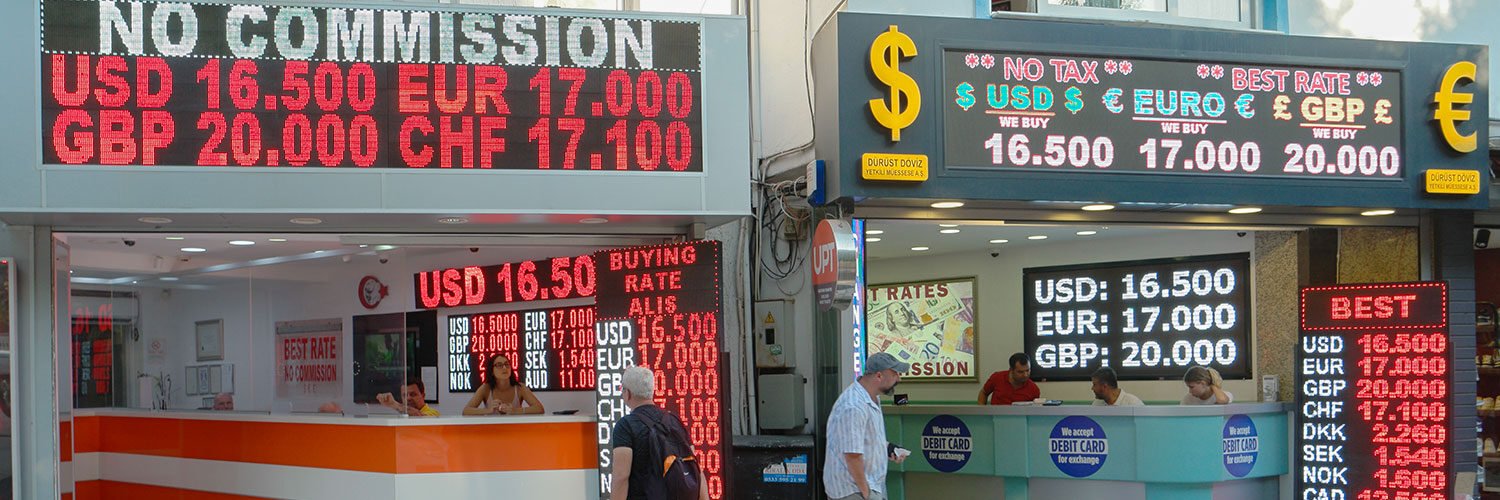
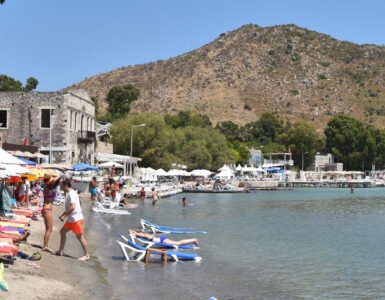
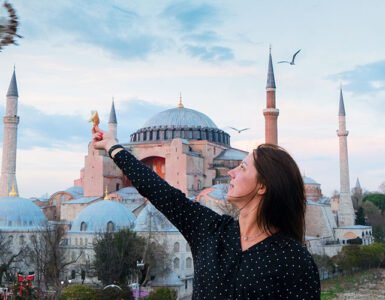
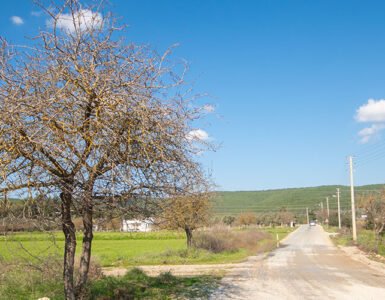










Add comment